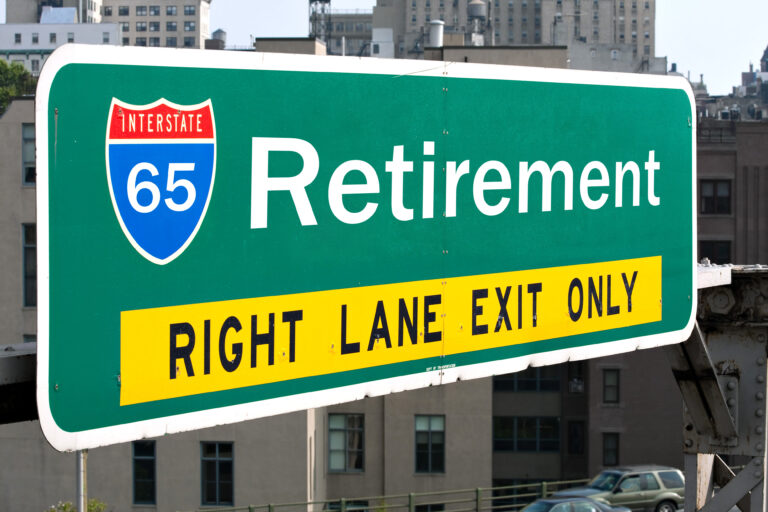After months of the Federal Reserve Bank hiking interest rates to tame inflation and cool down the Labor Markets, unemployment rates fell to 3.5%. The rate for the prior month was reported at 3.7%.
It was supposed to go up rather than down. It doesn’t look like the rate hikes have even begun to put a dent into the already tight labor markets.
The current unemployment rate of 3.5% matched a low from half a century ago. This happened while the number of job openings fell by 10% in August. Those numbers were supposed to go in the other direction as well.
This means that another monster interest rate hike by the Fed is almost inevitable. Fed officials are already saying that additional rate hikes are justified.
Maybe they’ll do a full point this time.
Let me leave you with this.
One market that is cooling down is the real estate market. This was predictable, given the fact that 30 year fixed mortgage rates are now over 7%.
Other factors affecting the housing markets include
1 – Housing inventories in Chicagoland, Southeast Wisconsin, Northwest Indiana, and Southwest Michigan are increasing.
2 – Median home prices are falling
3 – Contract cancellations which were almost non-existent a year ago are again prevalent because buyers are having difficulties qualifying for higher interest rate mortgages.
We were all expecting another real estate recession when the pandemic hit and the government began pumping trillions of dollars into the economy. The Amazon Effect with retailers going out of business has caused significant difficulties in commercial real estate.
Now interest rates are increasing and the residential real estate markets are cooling off. This tells me that an overall Real Estate Recession is probably inevitable.
As Entrepreneurs there are a few things to consider in managing your assets through the coming years.
When Landlords can’t find tenants to pay their bills, they can’t pay their mortgages. If they can’t pay their mortgages, they’ll default on their loans.
When commercial loans go into default they go from being an asset on the bank’s books to a liability. When a bank becomes insolvent, they’re taken over by the FDIC and sold to another bank that can provide liquidity to protect the original bank’s depositors.
And what happens to all of that troubled real estate? It’ll be sold at a deep discount to get it off of the bank’s books. Those discounts will be even deeper this time with interest rates increasing.
Smart investors buy when prices are low. Once the prices come down, if you need to pay a higher interest rate, then go ahead and pay it. Sooner or later the interest rates will go back down and you’ll be able to refi a much smaller mortgage into a more reasonable rate.
Be patient. The properties you want should be available relatively soon at unheard of prices.
If you have any property that’s a problem, you might think about divesting yourself of the problem now. Prices are still relatively high and cash calls may be coming in the near future.
For those of you who don’t know what a cash call is, please allow me to explain.
Let’s say that you buy a property for $1M and the bank is willing to do a five year balloon mortgage at a 70% loan-to-value. You put down $300K and buy the property.
You operate the building profitably and pay your mortgage over the five years without difficulties. But when it comes time to refinance at the end of five years the building has gone down in value 25% to $750k
The bank is only willing to do a 70% loan-to-value mortgage. 70% of the new value of $750K is only $525K. In the past five years of paying the mortgage you’ve only paid down $50K of principal.
In order for the bank to do the new loan, you’ll need to come up with the difference of $125K. This is what’s known as a cash call. Maybe you have the $125K. Maybe you don’t.
If you’re currently tight on any of your deals, you might think about getting out of them before this happens. In the last real estate recession, I had six developers who had to file a bankruptcy because they couldn’t cover their cash calls when their properties ended up in foreclosure.



